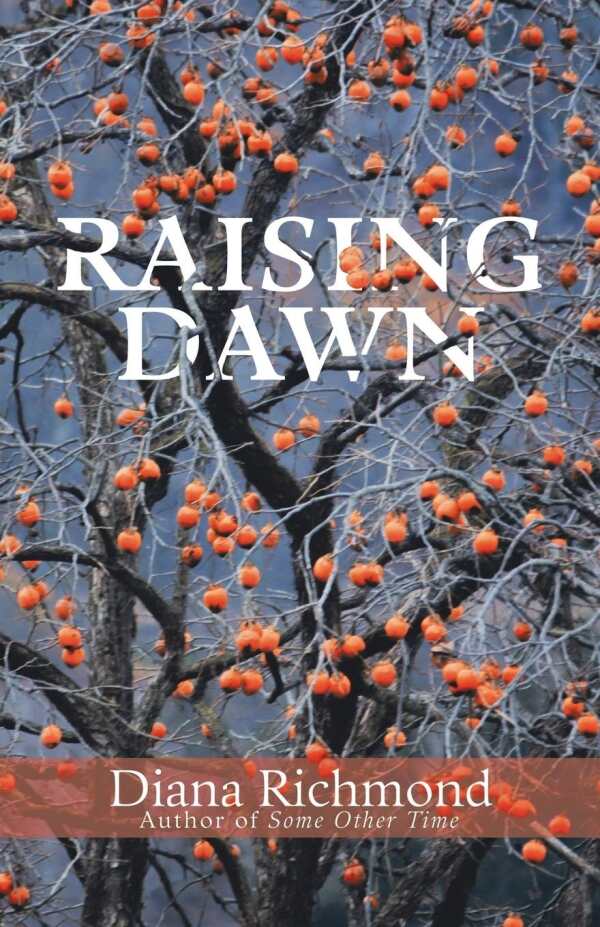Raising Dawn
An atypical mother fights for the daughter whom she loves in the moving legal novel Raising Dawn.
Diana Richmond’s melancholy contemporary novel Raising Dawn whorls around the question of what makes, and maintains, a family.
Karen, a children’s book author in rural California, had romantic notions about parenthood prior to conceiving her daughter Dawn via two donors—one, a stranger picked from a list for his pedigree; the other, her younger sister, Patty. She’d just broken up with an incompatible boyfriend whose early warning signs she’d ignored; she’d decided that “a child who is at least half me will be the perfect life companion.” She was ready to seize her future. She ignored warning signs once more: her sister’s offers of help soon proved to be less than magnanimous.
Patty, always low-key competitive with her freer sister, didn’t only want to donate her egg—she wanted some say in the child it produced. Karen’s new beginning became a trap. When an unrecognized medical emergency landed her in the hospital, it represented an opening for Patty to take custody of Dawn.
Evoking the story of the judgment of Solomon, the novel follows the ensuing legal battle from Karen and her lawyer’s perspectives. Karen is a poignant narrator, sifting through her memories to recognize where other choices might have been made—where her trust may have been misplaced; where more caution was called for. She’s also a keen, if self-effacing, mother whose perception of her daughter is directed by adoration: Dawn “has curly hair the color of persimmons.” She is to be protected and loved above all else.
Karen’s lawyer, meanwhile, fills in gaps left by Karen’s insecurities, revealing the extent, and hidden barbs, of Patty’s plans, which Karen herself doesn’t always want to recognize, even in the midst of legal filings and mediations. With each apparent “win” for Karen, tensions grow: parleys seem certain. And in the background waits Dawn—a child whom everyone wants, caught in a new-territory legal battle without clear answers.
The story is involving and empathetic, flowing through the nuances of maternal love across several seasons of family disarray. An instance of an inconsistency related to Karen’s work somewhat disrupts its momentum, though. Elsewhere, Karen captures places and everyday events with an artist’s eye, and her descriptions are enthralling (though they include some exoticization of others). Her lawyer’s thoughts are humane and strategic, bringing practicality to the tale. And despite the formal nature of court proceedings, even the book’s legal sections engage general interest. With arguments to be made on both sides, it’s not clear until the book’s end who will prevail.
An atypical mother fights for the daughter whom she loves in the moving legal novel Raising Dawn.
Reviewed by
Michelle Anne Schingler
Disclosure: This article is not an endorsement, but a review. The publisher of this book provided free copies of the book and paid a small fee to have their book reviewed by a professional reviewer. Foreword Reviews and Clarion Reviews make no guarantee that the publisher will receive a positive review. Foreword Magazine, Inc. is disclosing this in accordance with the Federal Trade Commission’s 16 CFR, Part 255.

